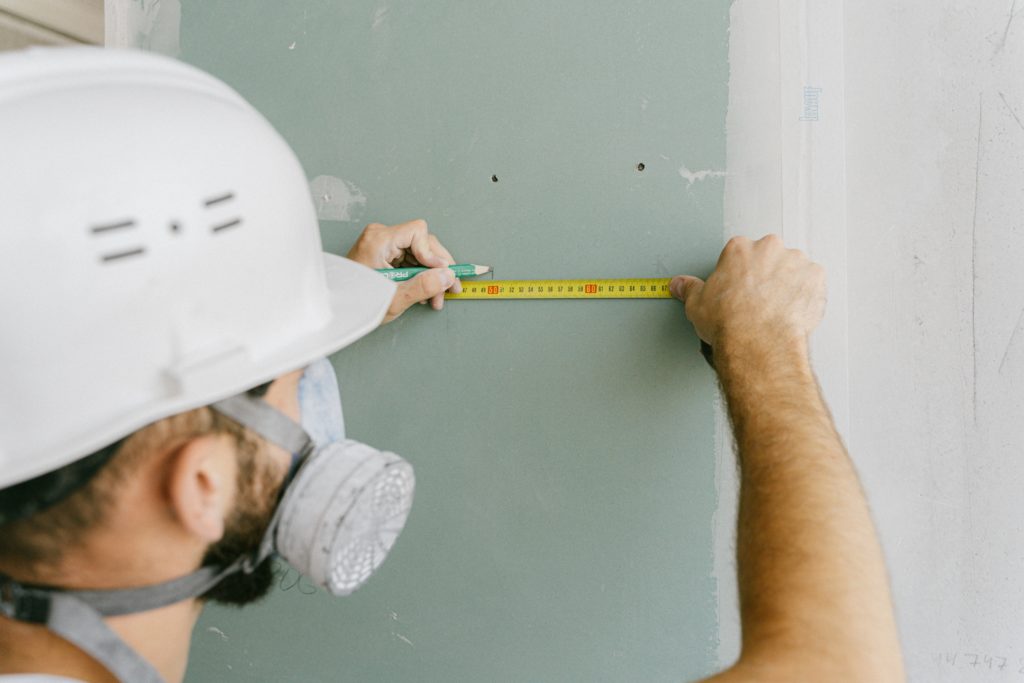CTE Shop Class: Now It’s High-Tech
By Mike Porcelli
Last weekend my mission to restore trade education in our schools included a road-trip to Warren, Michigan, where I attended electric vehicle training at the Center for Advanced Automotive Technology (CAAT) at Macomb Community College, home of one of the finest automotive education programs.
CAAT is part of a network funded by the National Science Foundation to ensure that the workforce of the future includes people with the skills needed to maintain ever-changing technologies.
The workforce development part of the presentations included many of the ideas espoused here each week regarding the need for schools to match their instruction to the talents and abilities of students and produce graduates with the skills needed by industry.
CAAT works with high schools and colleges to promote programs that produce graduates with the needed combination of skills. They also bring talent exploration programs to middle and grade schools to help young students understand the types of careers that match their natural talents – another constant theme here. They do this by providing funding to improve and disseminate programs that prepare students for jobs in advanced automotive technology.
The idea that such programs are sorely needed was dramatically illustrated by the event’s keynote speaker, Carla Bailo, CEO of the Center for Automotive Research, a think-tank helping to design the future of the automotive industry.
Bailo became a leading industry engineer and executive despite her high school counselors’ determination that she should become a journalist or politician.
Against the advice of her school’s “experts,” who told her that “girls like her don’t need science classes,” she enrolled in chemistry, where the teacher recognized her natural aptitude and advised her to study engineering, something she never considered to that point.
She credits that teacher’s astute recognition of her potential, with setting her on a path to become one of the most successful engineers in the auto industry, and a role-model for young women in STEM careers everywhere.
Sadly, Bailo regrets her son lacked accurate guidance from his high school, and his college major was not suited to his natural talents, causing him to later learn a trade that did fit his talents.
Each of the other speakers spoke about various CAAT-sponsored programs that help schools improve their assessment of students and help guide them into their best academic and career paths.
Bailo summed up the essential objective of CAAT, and this column, by saying: “The education establishment must change to accurately assess students’ abilities and provide instruction matched to them, thereby maximizing their individual potential.”
Go to: http://autocaat.org/Home/ to see how local schools can implement CAAT’s and Carla’s recommendations.
Every school MUST meet this goal. Insist that they do!

Academic & Trade Education are Two Sides of a Coin. This column explores the impact of CTE programs on students, society, and the economy.
Mike Porcelli: life-long mechanic, adjunct professor, and host of Autolab Radio, is committed to restoring trade education in schools before it’s too late. https://www.linkedin.com/in/mike-porcelli-master-mechanic-allasecerts/



